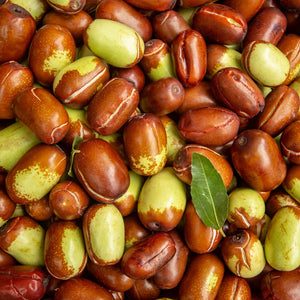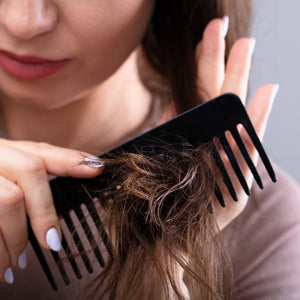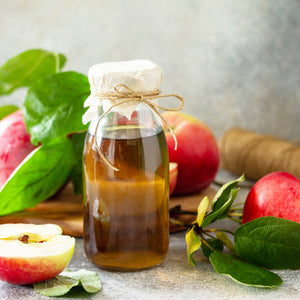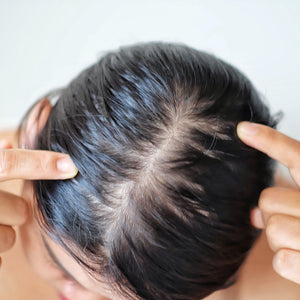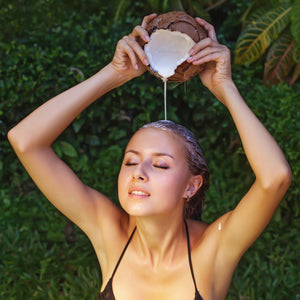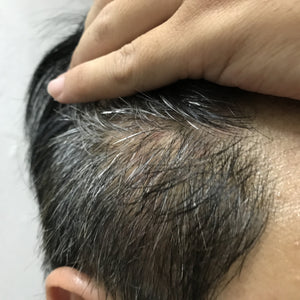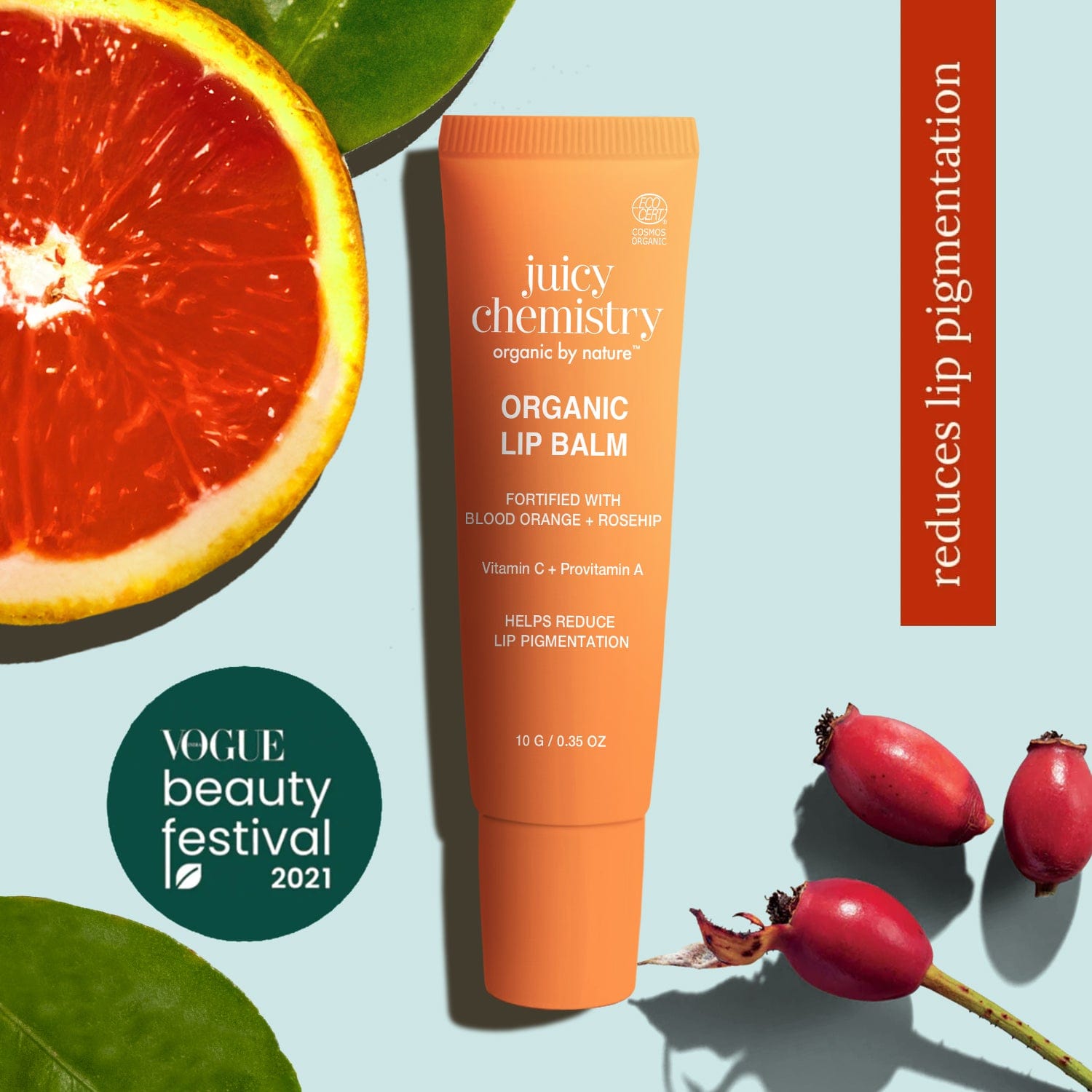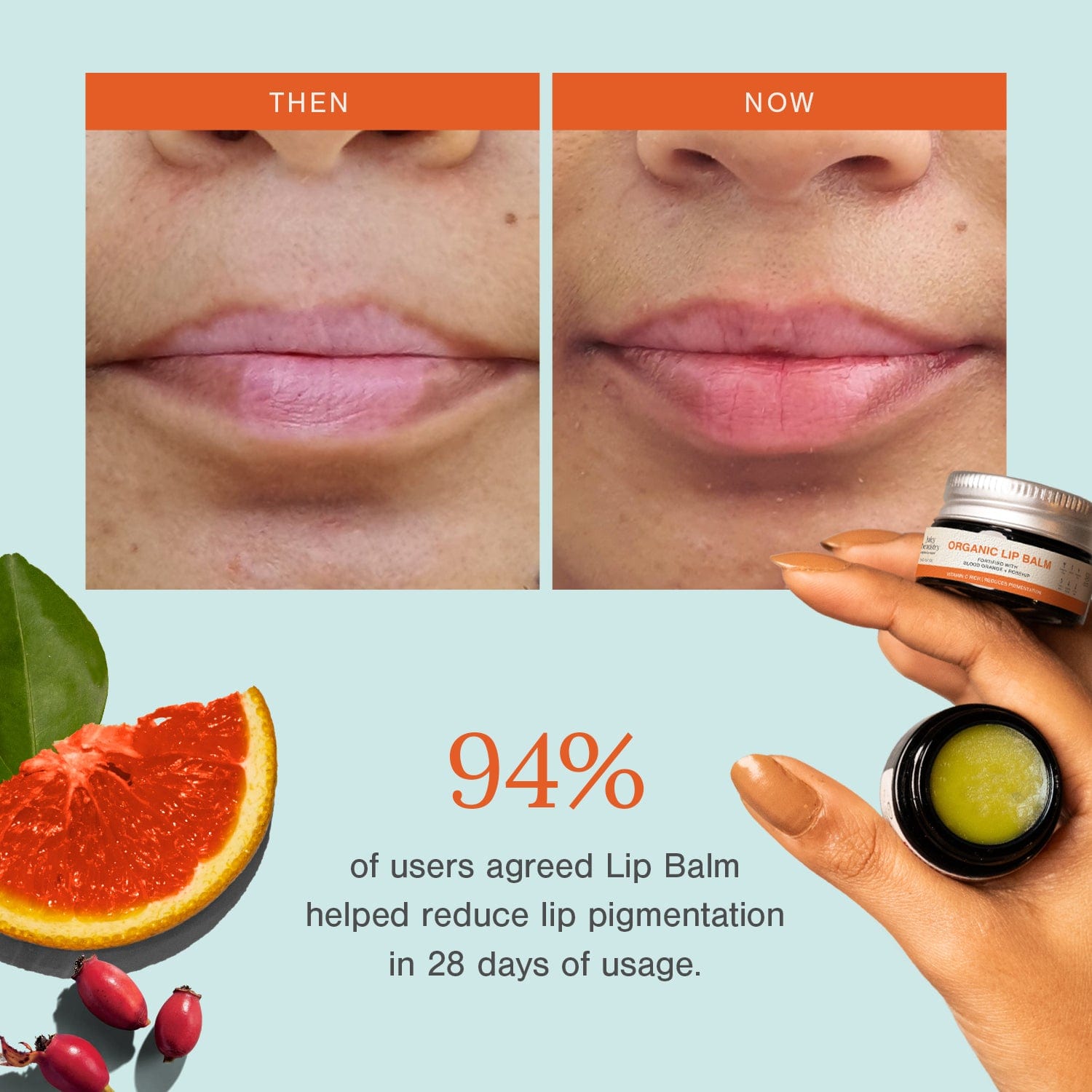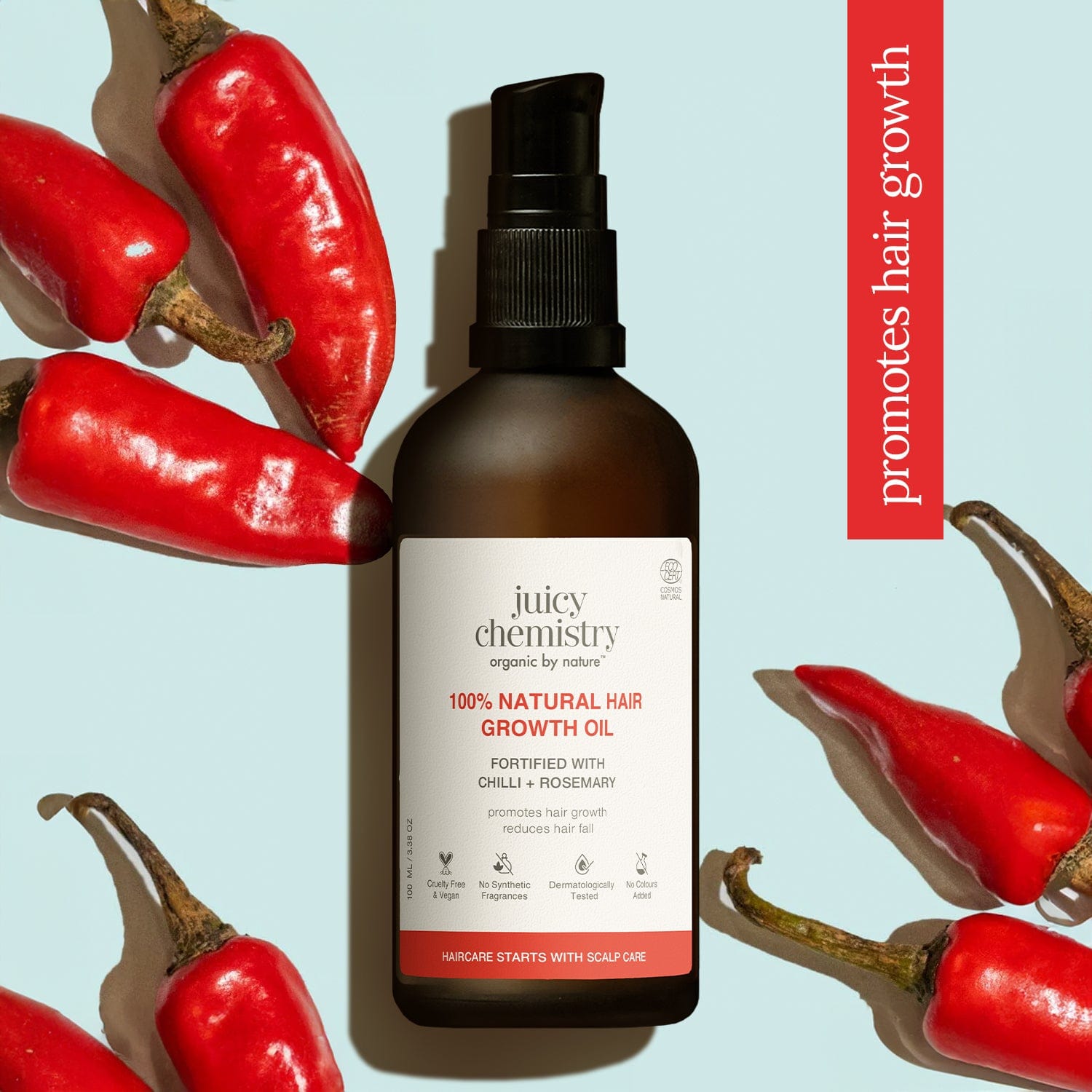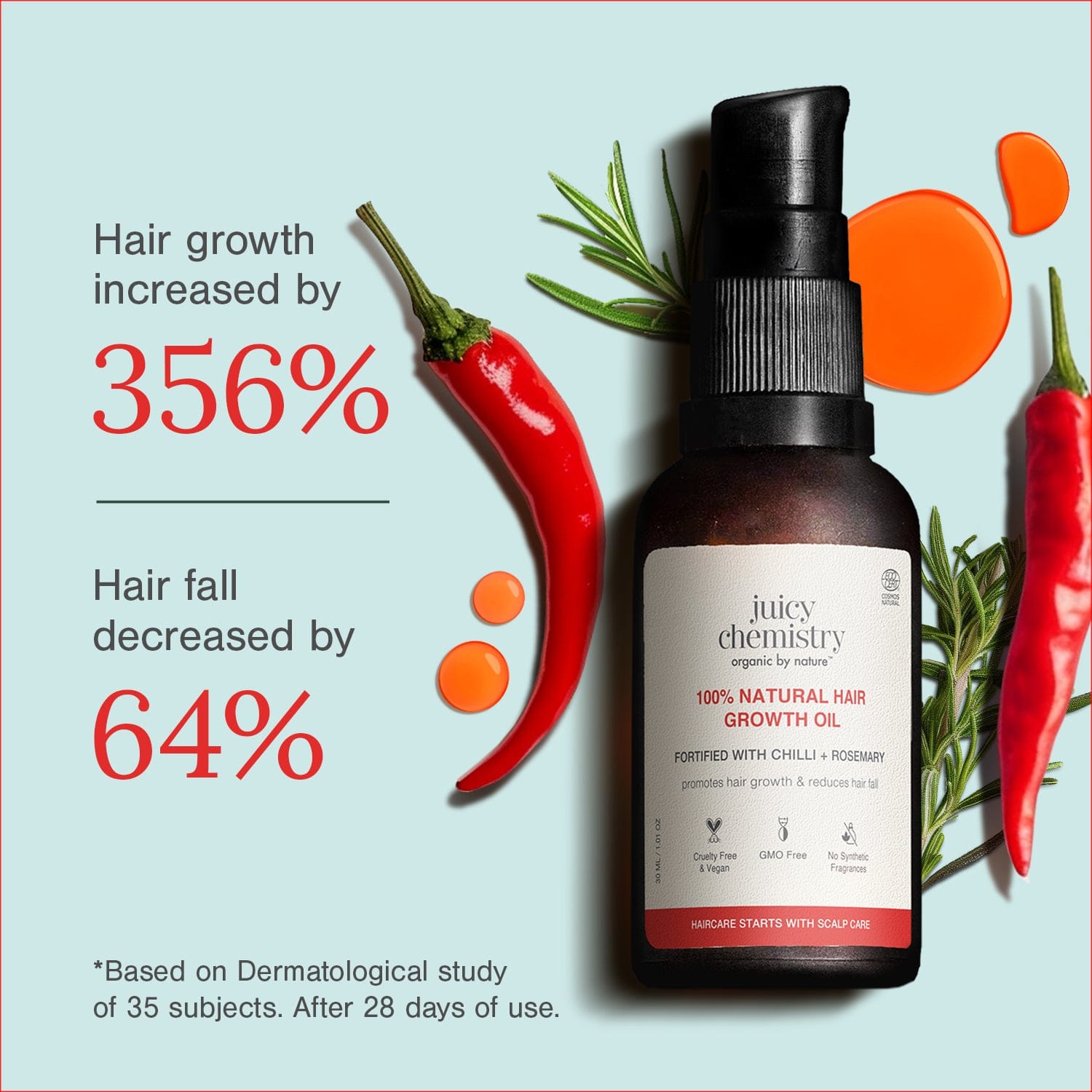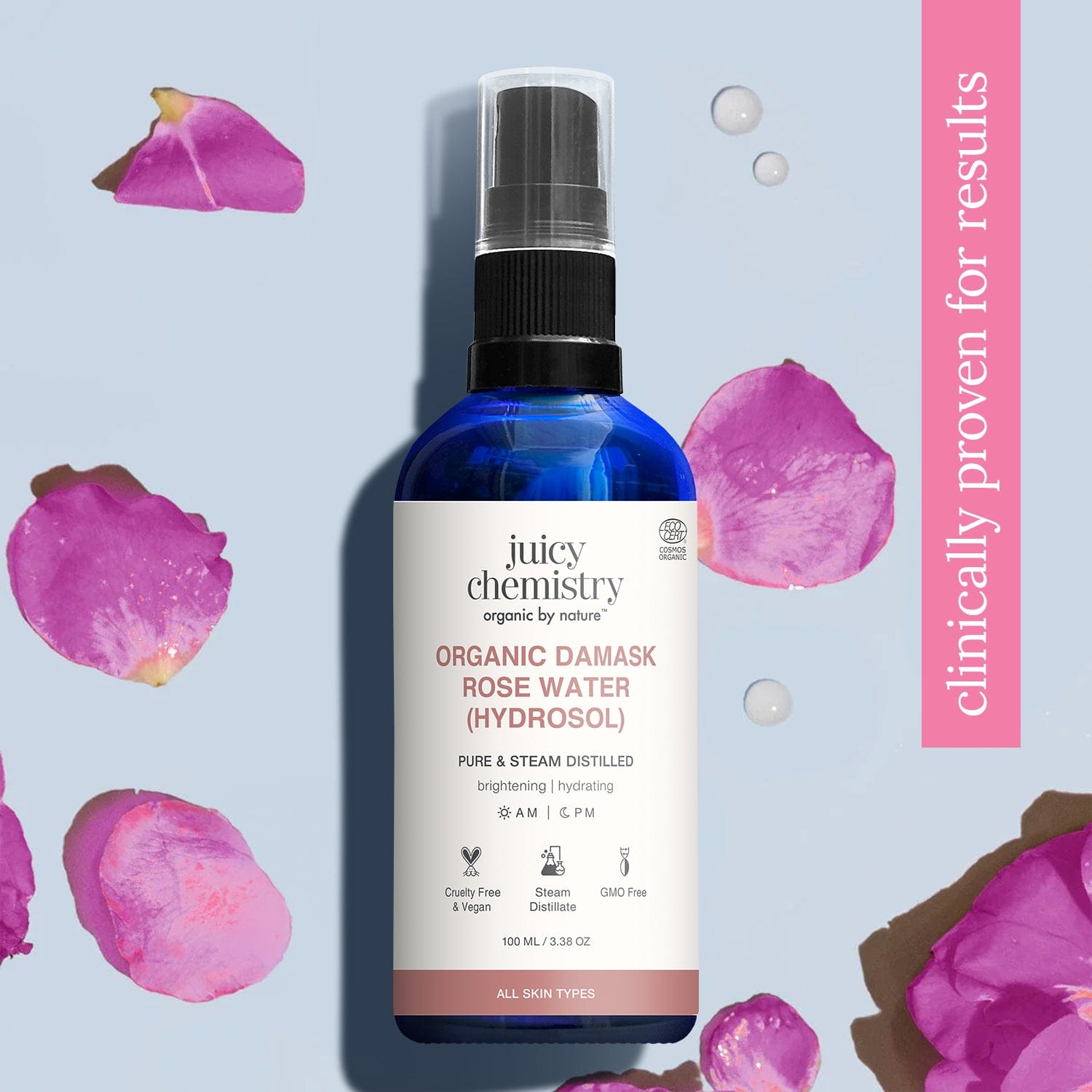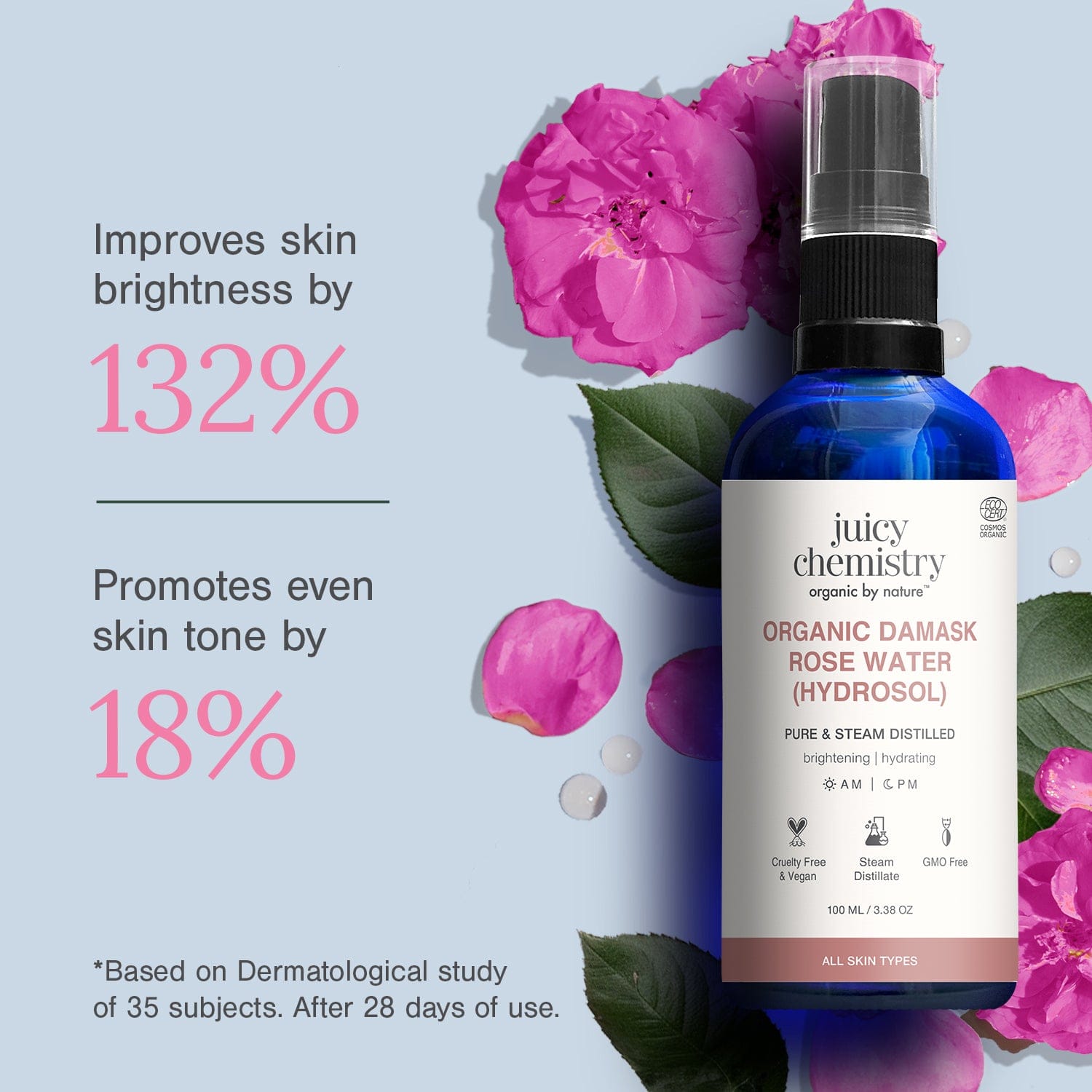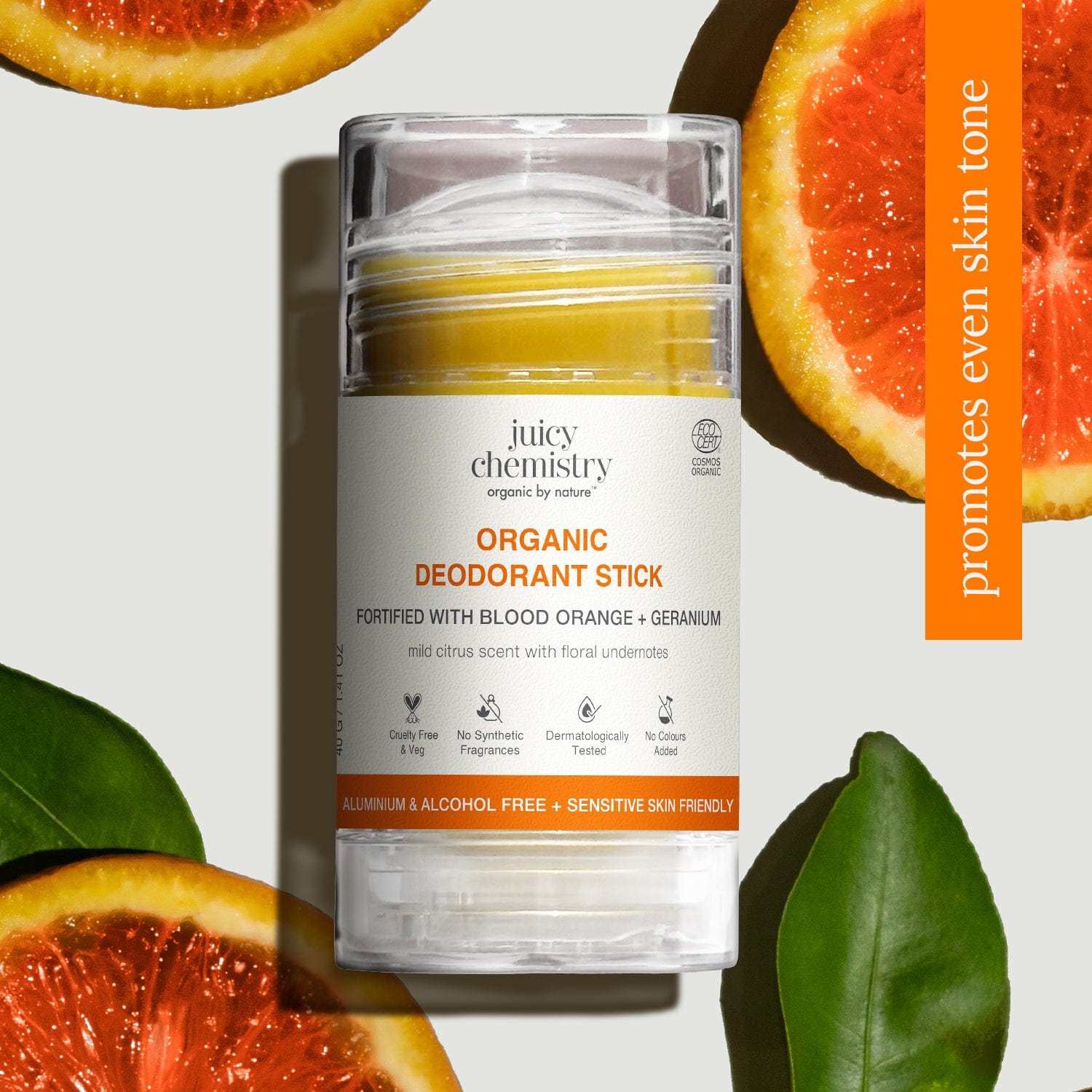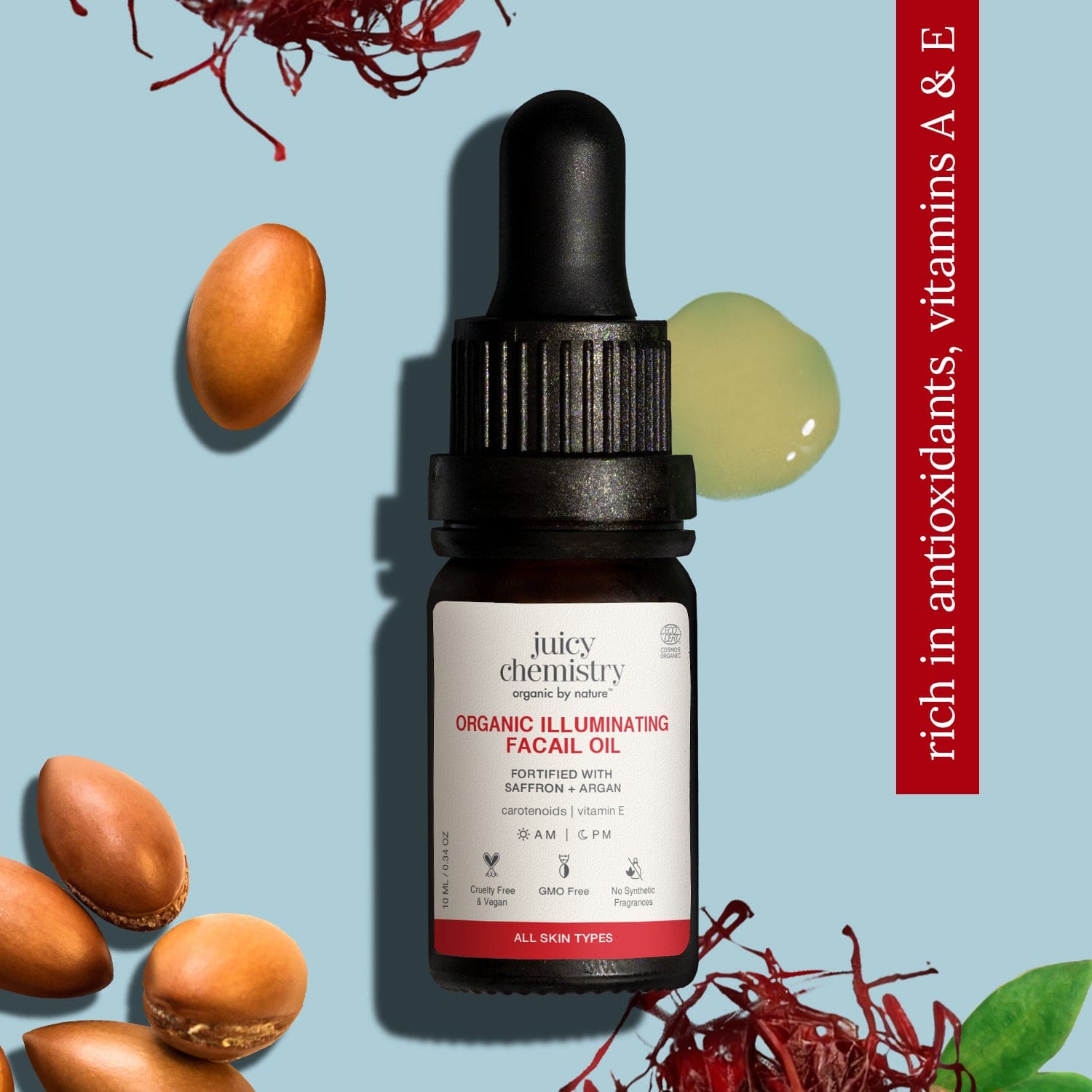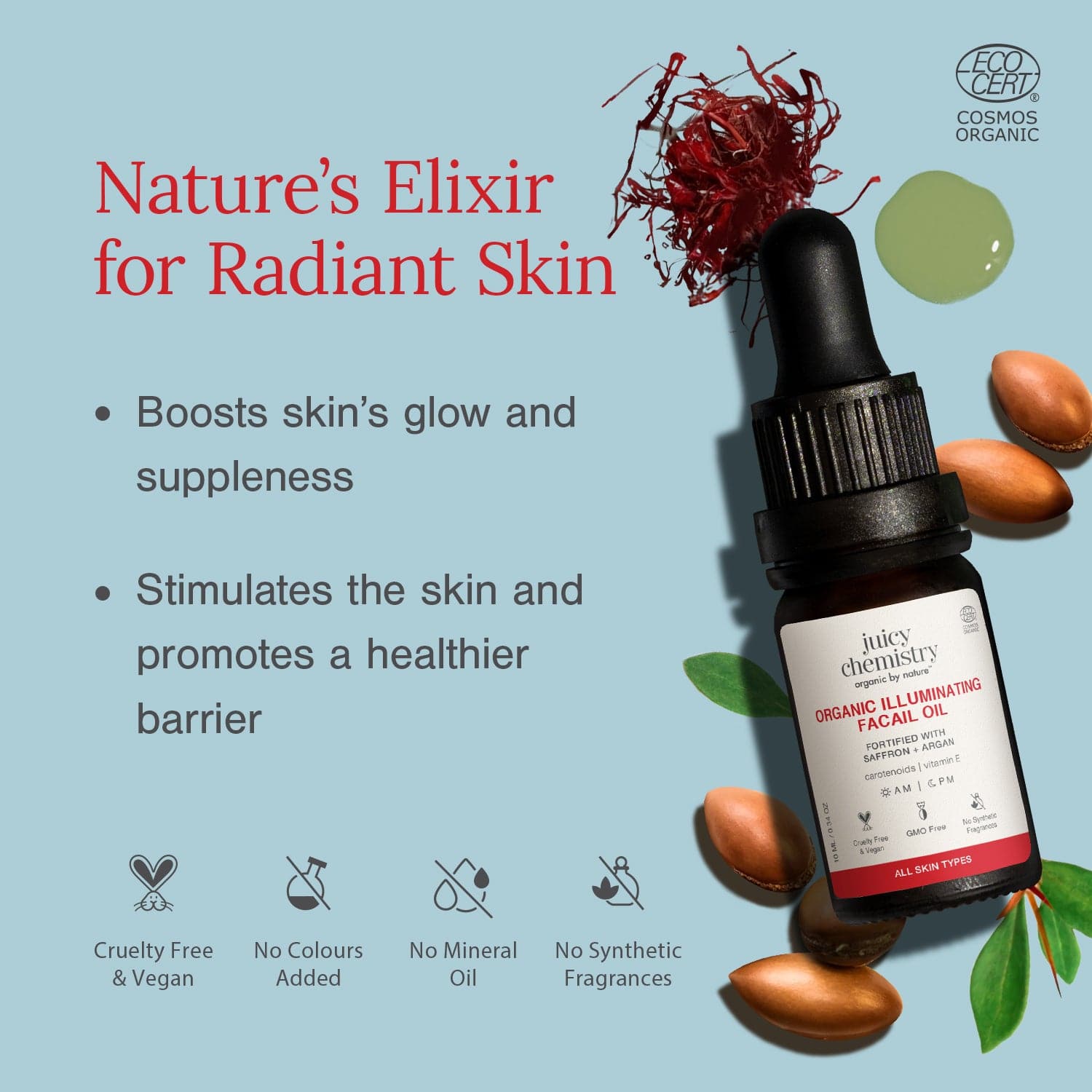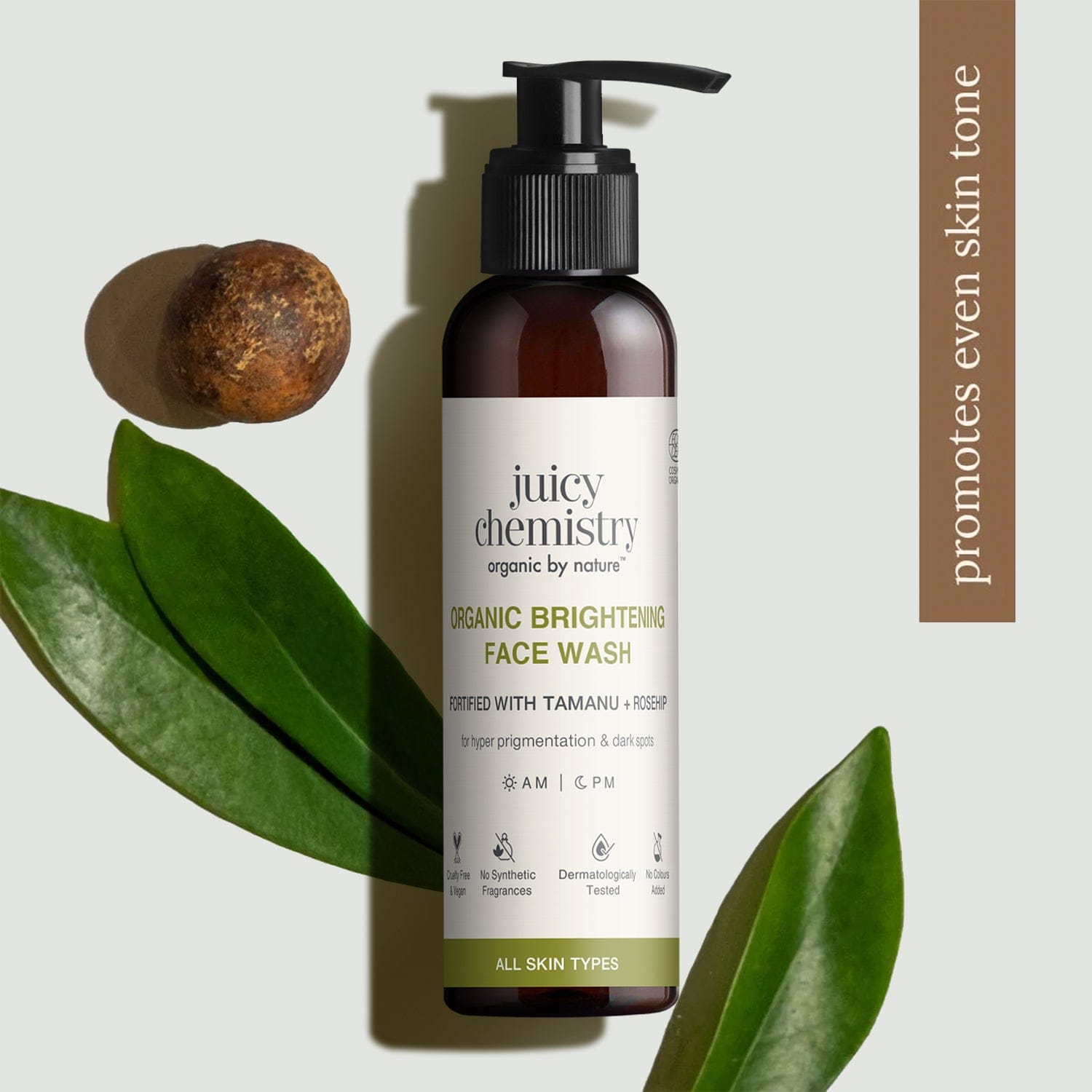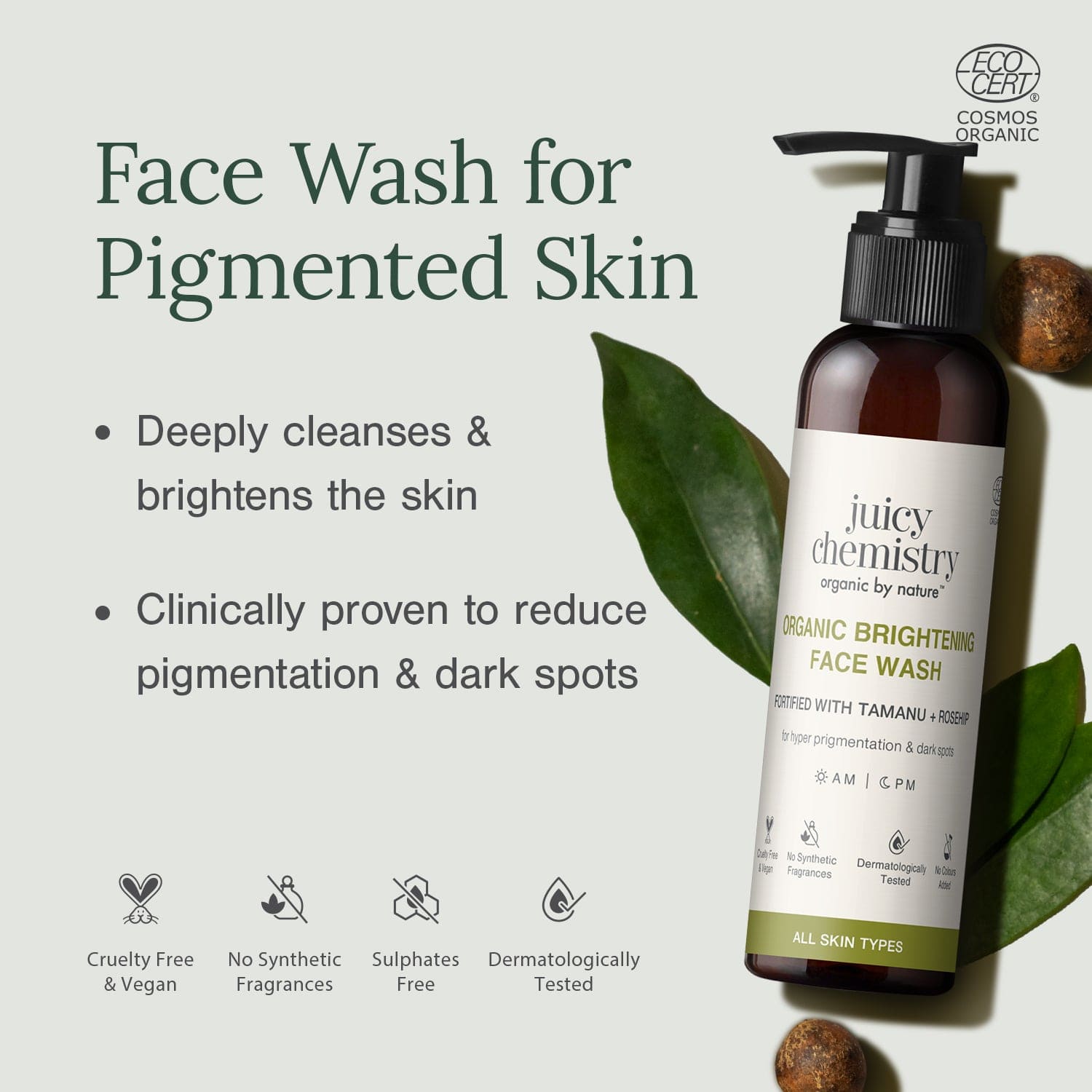Apple Cider Vinegar For Dandruff, How To Use, Benefits
October 18, 2021Incredible Advantages of Apple Cider Vinegar for Your Hair
Dealing with dandruff and a flaky scalp can be quite bothersome. The white flakes that fall from your scalp can create negative impressions and lead to an incessant urge to scratch your head. If left unaddressed, it may even result in additional hair issues, such as hair loss.
Fortunately, numerous natural remedies exist that can assist in keeping dandruff under control. One effective option is Apple cider vinegar for dandruff management. Produced through the fermentation of apples, ACV is a common item found in kitchens and can significantly enhance your scalp's health. Recently, it has also gained recognition as a superfood due to its wide array of health benefits. But is apple cider vinegar beneficial for your hair?
How ACV Can Help Alleviate Dandruff
Dandruff is a scalp condition caused by fungi or yeast known as Malassezia. Inadequate hair washing or having an excessively oily scalp are primary factors that can trigger dandruff. The yeast thrives on the oils present on the scalp, multiplying and leading to itchiness, flaky residue, and even redness.
Historically, vinegar has been utilized to combat various infections due to its antimicrobial properties.
ACV can help inhibit the growth of the yeast responsible for dandruff, thereby reducing itching and flakiness. Additionally, ACV is acidic because of the acetic acid it contains, which aids in restoring your scalp’s pH levels and maintaining its health.
How to Use ACV for a Healthy and Irritation-Free Scalp
The most common and straightforward method to utilize apple cider vinegar for hair dandruff is through an ACV hair rinse. This rinse serves as the final step in your hair care regimen and helps to balance your scalp. You can either purchase ACV from a store or create your own at home by fermenting apples for several weeks.
When applying the ACV rinse, it is advisable to dilute it with water rather than using it in its concentrated form. This will help minimize any potential adverse effects. Sometimes, using an ACV hair rinse may leave an unpleasant odor in your hair, so be sure to rinse it thoroughly with water if it becomes bothersome.
Apple Cider Vinegar for Hair
In addition to combating dandruff, there are several other compelling reasons to incorporate ACV into your hair care routine.
-
Eliminates product buildup:
ACV possesses cleansing properties that can effectively remove buildup caused by hair care products. It can help clear your scalp and unclog hair follicles. -
Exfoliates the scalp:
The enzymes found in apple cider vinegar can also eliminate dead skin cells that accumulate on your scalp, which may lead to itching and flakiness. -
Facilitates the transition to organic shampoos:
When switching to organic, sulfate-free shampoos, your hair may experience a transitional phase that can make it greasy and rough. Utilizing an ACV rinse will ease the transition by clarifying your scalp of all grease, dirt, and oils. -
Enhances hair shine:
An alkaline pH can cause your hair to appear frizzy, dull, and rough. By helping to balance pH levels with its acidic nature, ACV can make your hair look healthier, smoother, and shinier. It will also help prevent breakage and friction, which helps maintain your hair's volume. -
Promotes hair growth:
The overall benefits of ACV in unclogging pores, reducing dandruff, and maintaining a healthy scalp pH will also support a healthy hair growth process.
How to Use Apple Cider Vinegar for Hair
-
ACV Rinse for Clarifying Hair:
Mix 1 tablespoon of ACV with 1 cup of water and use it as a hair rinse. After shampooing and conditioning your hair, pour this ACV rinse over your hair and scalp. Gently massage it in, then allow it to sit for a few minutes before rinsing it out with water. You can repeat this process every time you wash your hair to eliminate buildup from the scalp. -
Apple Cider Vinegar for Dandruff:
Combine 1 tablespoon of ACV with 1 cup of water. Transfer this mixture into a spray bottle. Cleanse your hair with shampoo, then spray the solution all over your scalp. Allow it to sit for a few minutes before rinsing it out with plain water. Follow up with your usual conditioner.You can also incorporate herbs like rosemary or neem leaves for added benefits. Boil the herbs in water, strain them, and let the water cool before using it to create your ACV rinse.
FAQs
-
Can Apple Cider Vinegar for dandruff irritate the scalp?
Yes, applying raw ACV directly may irritate the skin and scalp. Therefore, it is crucial to dilute it adequately with water. We also recommend performing a patch test first to check for any allergic reactions or signs of sensitivity. -
Can I use ACV for hair dandruff if I have a dry scalp?
Yes, ACV can be beneficial for both dry and oily scalp types. -
Can I add essential oils to my ACV rinse?
Yes, you can. However, we always recommend diluting essential oils with a carrier oil first to ensure safe usage.
REFERENCES –
https://www.ncbi.nlm.nih.gov/pmc/articles/PMC1785201/ https://www.ncbi.nlm.nih.gov/pmc/articles/PMC4158629/ https://www.ncbi.nlm.nih.gov/pmc/articles/PMC5788933/


